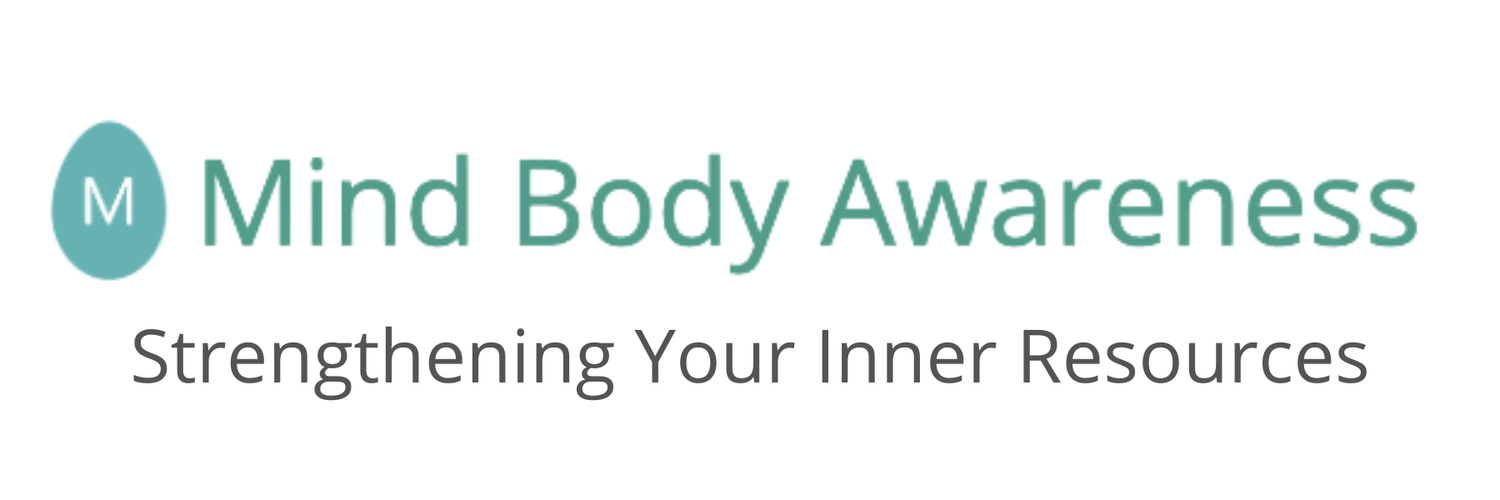Neuroscience 101: Why Should You Care
From science to skillful
Have you ever wondered why you feel the way you do or why you make certain decisions? Or have you ever been curious about how the brain works and why it is such a complex organ? These are just a few of the questions that can be explored through the field of neuroscience.
At its core, neuroscience is the study of the nervous system and the brain. This field of science encompasses a wide range of topics, from how individual neurons communicate with each other to how the brain processes emotions and memories. In this blog, we'll explore some of the key concepts of neuroscience 101 and why you should care about them.
Understanding the Brain
The brain is an incredibly complex organ that controls everything we do, from simple tasks like breathing to complex processes like decision-making and problem-solving. Neuroscientists study the brain at different levels of analysis, from the molecular and cellular level to the systems and behavioral level. By understanding how the brain functions,
“We can gain insights into why we think, feel, and behave in certain ways.”
Brain Plasticity
One of the most fascinating aspects of neuroscience is the concept of brain plasticity. This refers to the brain's ability to change and adapt in response to experiences and environmental factors. For example, research has shown that learning a new skill can lead to changes in the brain's structure and function. Understanding brain plasticity can have implications for everything from how we bounce back from work stress, to how we learn, to how we recover from brain injury.
This is particularly important to me today, as my husband had a bicycle crash on a bumpy road in our Valley. He came home with a broken collar bone, and a concussion. Knowing that I am armed with the tools to support his nervous system recovery gives me confidence bringing him home, and knowing and trusting in his body’s ability to heal.
Emotions and the Brain
Emotions are complex processes that involve multiple areas of the brain. Knowing left and right brain activity can be super supportive to feeling confident in emotionally charged interactions. Research has shown that different emotions are associated with distinct patterns of brain activity. For example, the amygdala is involved in processing fear and the prefrontal cortex is involved in regulating emotions. Understanding the neural basis of emotions can help us better understand our own emotional experiences and develop strategies for managing them.
Neurodegenerative Diseases
Neurodegenerative diseases like Alzheimer's and Parkinson's are becoming increasingly prevalent as the population ages. These diseases are characterized by the progressive degeneration of neurons in the brain, leading to cognitive and motor impairments. Research in neuroscience is helping us better understand the underlying mechanisms of these diseases and develop potential treatments.
Why You Should Care
We all can benefit from learning a variety of skills and techniques to help us connect with our body/brain and improve our overall well being. Here are some examples of what might be productive to learn first:
Body awareness is super supportive to grounding and slowing down the fight flight response pattern. If we learn to develop a deeper awareness of our body, including their physical sensations, emotions, and thought patterns we feel more agency day to day in our lives. This may involve practices such as mindfulness, meditation, or body scans. For more information check out this free app.
Breathwork is a practice that is simple and short, and doesn’t take a lot of effort. It includes learning techniques to regulate their breath and reduce stress, such as deep breathing, diaphragmatic breathing, or alternate nostril breathing. Here is an example.
Movement and exercise: We all may benefit from learning how to move our body in ways that feel good and support our physical and emotional health. This may involve practices such as yoga, tai chi, or dance.
Self-regulation: learn skills to regulate our nervous system and manage our stress response, such as progressive muscle relaxation, visualization, or grounding techniques can change the course of our feelings of contentment day to day.
Body-centered communication: Learning how to communicate more effectively using our body, such as through gestures, facial expressions, and tone of voice. This may involve exploring body language and nonverbal communication.
By focusing on these foundational skills, somatic practice helps us with a greater sense of self-awareness, emotional regulation, and physical resilience, which can support our overall health and wellbeing. Ultimately we may be better able to address specific goals or challenges related to their personal or professional life.
So why should you care about neuroscience 101?
For one, understanding how the brain works can give you insights into your own behavior and thought processes. It can also help you better understand and empathize with others. Additionally, the field of neuroscience has implications for a wide range of industries, from healthcare to education to technology.
“Neuroscience is a fascinating field that has the potential to unlock many of the mysteries of the brain.“
By studying the nervous system and the brain, we can gain insights into everything from emotions to decision-making to neurodegenerative diseases. Whether you are a student, a healthcare professional, or simply someone who is curious about the workings of the brain, there is something in neuroscience 101 for everyone.
Jennifer Degen
August 3, 2023
Categories
Select Category...
- Alberto Villoldo
- Ancestral Superfoods
- Art
- Attunement
- Autumn wellness retreat
- Body
- Boundaries
- Breathwork
- Buddhist Tradition
- Burnout
- Chanting
- Community
- Community Engagement
- Contentment
- Costa Rica
- Costa Rica Retreat
- Creative Expression
- Creativity
- Crystal Healing
- Daily
- Deep Rest
- Diet
- Digestive Health
- Embodied Living
- Family & Wellness
- Festival Reflections
- Financial security
- Food
- Gratitude
- Grief Transformation
- Grounding
- Guided Meditation
- Habit Patterns
- Hakomi therapy
- Hatha
- Healing
- Health
- Health Wellness
- Healthy Diet
- Heated Yoga
- Holiday Event
- Hypnosis
- Hypnotherapy
- Intelligence
- Intention
- Intuition
- Judgement
- Kathleen Burns Kingsbury
- Kundalini
- Kundalini Yoga
Featured Blogs








